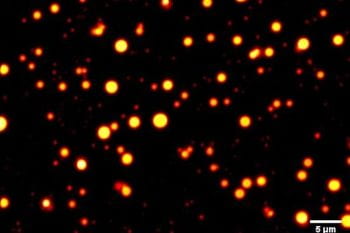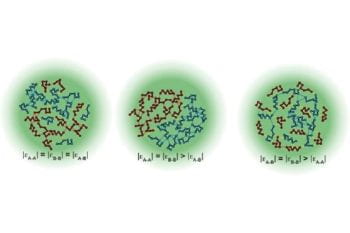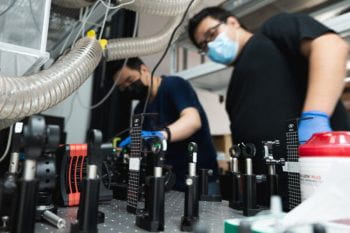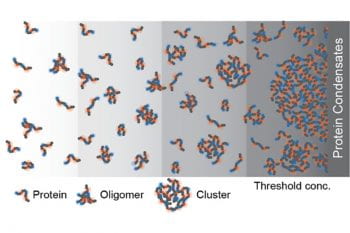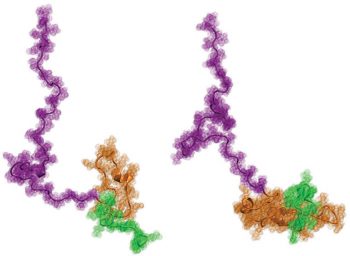Scientists trying to understand the physical and chemical properties that govern biomolecular condensates now have a crucial way to measure pH and other emergent properties of these enigmatic, albeit important cellular compartments. Condensates are communities of proteins and nucleic acids. They lack a membrane and come together and fall apart as needed. The nucleolus is […]
WashU engineers manage a first: measuring pH in cell condensates


